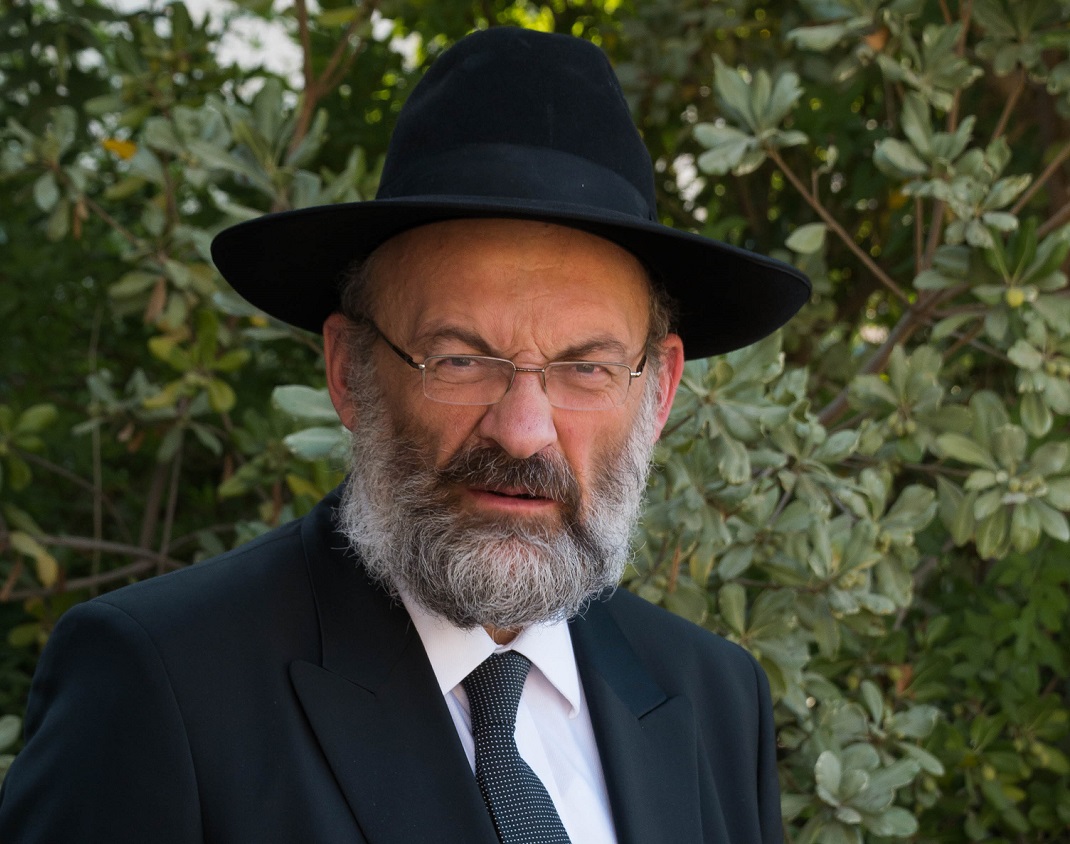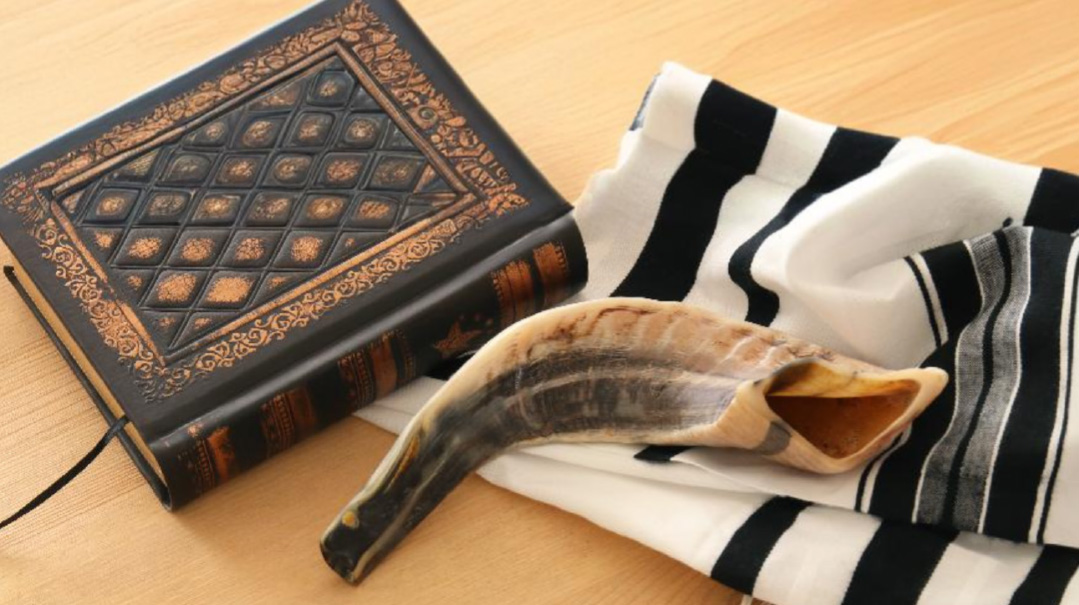Building a Heart in Avodah

We work so hard to develop our children’s minds. Let’s not neglect their heart
We live in a wild world. The dangers to our way of life multiply from day to day. The strongest chinuch doesn’t guarantee our children’s immunity. We all know children who were firmly rooted in the Torah’s ways and suddenly were swept away. Is there some secret weapon that can protect our children?
Chazal tell us that the heart is a person’s center and source of strength. The heart is a single muscle with one function, but it gives strength to every limb and organ in our body. It pumps blood, our life force, throughout the body, enabling our feet to run, our hands to build, our mouths to speak. It has one simple task, but it enables the dazzling variety of human activity. It’s the center that gives life to our whole being.
Chazal didn’t intend to give us a lesson in physiology. The heart they speak of is a spiritual one. It’s with us constantly, giving us strength in everything we do. What is our spiritual heart?
A Torah-based approach to life is a lev, a heart. The Torah teaches us not only what to do, but how to live as Jews. An approach to life guides us constantly, informing everything we do. Whether we’re in shul or the office, in Yerushalayim or Las Vegas, a life message beats in us like a heart. It resounds within us, reminding us how to live.
Once my inquisitive young daughter asked an endless series of questions about everything under the sun. Finally my wife said to her, “You know, I like to think about questions that help me in avodas Hashem. I’m not so interested in finding answers to questions that don’t really matter in the end.”
That taught my daughter a whole approach to life: Life is about avodas Hashem, and things that aren’t relevant to that endeavor don’t deserve excessive attention. We didn’t always speak out that message, but we tried to convey it to our children often enough for them to internalize it.
I also tried to teach my children that Hashem wants us to grow through every situation. That message is relevant in everything we do and experience. Every difficulty becomes an opportunity, instead of a setback. Tefillah is a place to grow; work is a place to grow; marriage is a place to grow. This one message is central to every activity and every environment we find ourselves in. Sometimes you learn patience, sometimes humility, sometimes how to listen, but everything is an opportunity to develop.
Those messages saved my children. Some of my children spend most of the day working with people who view a religious Jew as a primitive parasite. But they remain staunchly frum, and Torah is central in their lives. Because they internalized that what really matters in life is avodas Hashem, and that everything we do can help us grow as a Jew. That includes not only what we perceive as religious activities. It includes going to work, dealing with money, even relating to people who are antireligious.
Some people approach life with the lev of honesty. In every area, they refuse to fool others or themselves, even in the most subtle way. In learning, they push past their natural attraction to their own reasoning and seek the truth. In shul, they’re careful not to give others the impression that they’re on a higher level than they really are. At work, they never try to excuse their errors. For others, being faithful is the lev that guides them. They’re faithful to Hashem, their students, their customers, their community. Our lev shapes and strengthens every step we take in life’s journey, no matter where we go or what we do.
We can’t know where life will take our children. As they develop their own personalities and kochos, they may take paths that surprise us, and even themselves. But if we give our children a lev, they’ll be prepared. Even if they find themselves on unfamiliar ground, their lev will continue to guide them.
Many sadly fall off the derech when they step out of the insular communities they were sheltered in and discover a new exciting world, where the world they knew till now seems suddenly irrelevant. They feel like they’ve entered a new country, where their homeland’s laws don’t apply. The chinuch they received seems to have nothing to say about their new reality.
In many cases, the reason is because they don’t have a lev. Their parents taught them to do mitzvos, to learn Torah, to follow halachah. Those are crucial lessons, but they’re not a lev. A specific act, however important, doesn’t shape everything else we do. We teach our children about the value of learning Torah, and how important it is to be koveia ittim. That lesson is invaluable, but it’s not enough.
Someone who goes to work, even if he sets aside time every day for Torah study, will still perceive that he’s connected to avodas Hashem even though he’s a working man. He’ll think that despite the hours at the office, he’s still connected, because when he comes home, he goes to learn. But the time at the office, in his eyes, isn’t a part of his religious life. At best, if he’s strong, he’ll hold on to Torah despite his hours at work; at worst, the split between two worlds will tear him apart.
That’s how a lev can save our children. It’s one message, but it’s wide and deep enough to impact everything we do and illuminate the darkest places. If we teach our children how to approach life, they’ll see how every area of life is relevant to Torah values. Their lev will continue to guide them, no matter where life takes them.
In order to give our children a lev, we need to discover what our own heart is. We can only make a message central to our child’s life if it’s really central to our own. Some of us received our lev from our parents. For others, their lev developed gradually over the years, as their personalities and experiences formed an approach to life. But most of us aren’t aware of our lev. We’ll need to study ourselves to find which principles guide our decisions, our priorities, and the way we deal with challenges. Over time, we’ll see that a few guiding principles keep emerging in our lives. They are our lev.
Once we’ve discovered our lev, we need to reveal it to our children. For it to become a message about life and not about a specific scenario or activity, our children need to see it again and again in a variety of contexts. We may not always state the message explicitly, but we should make a conscious effort to show our children the way we live. We’ll need to be bold enough to let down our guard and reveal ourselves in a genuine way. Eventually, they’ll see the principles that guide us, and they’ll absorb them.
In today’s world more than ever, our children need a lev. They need to know that avodas Hashem isn’t limited to the borders of “religious” activities. We do our utmost to teach our children the importance of mitzvos. But if that’s the extent of our chinuch, our children won’t have any Torah principles to guide them in other areas of life. As they mature, at some point they will develop their own lev. But in the meantime, they’ll be in serious danger.
We work so hard to develop our children’s minds. Let’s not neglect their heart. Let’s teach them not just what a Jew must do, but how a Jew must live.
(Originally featured in Mishpacha, Issue 846)
Oops! We could not locate your form.













